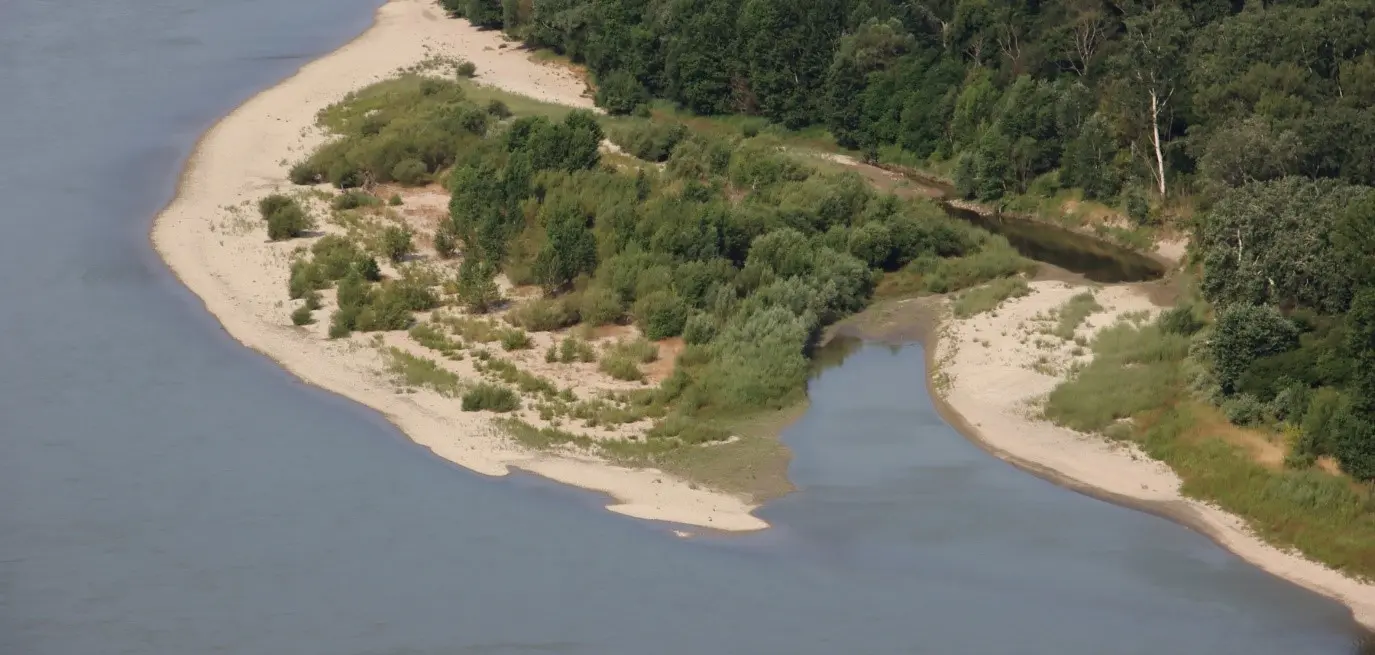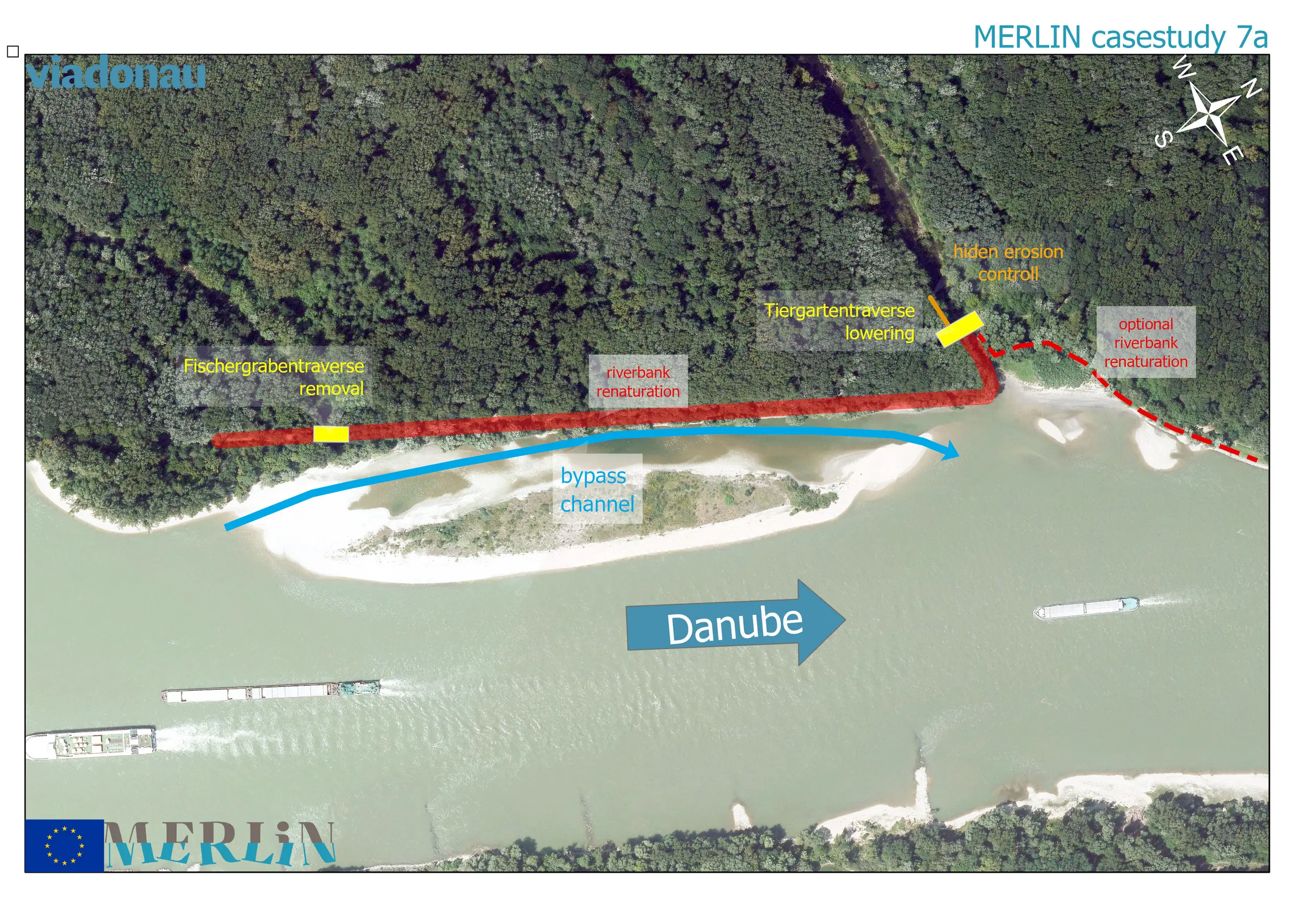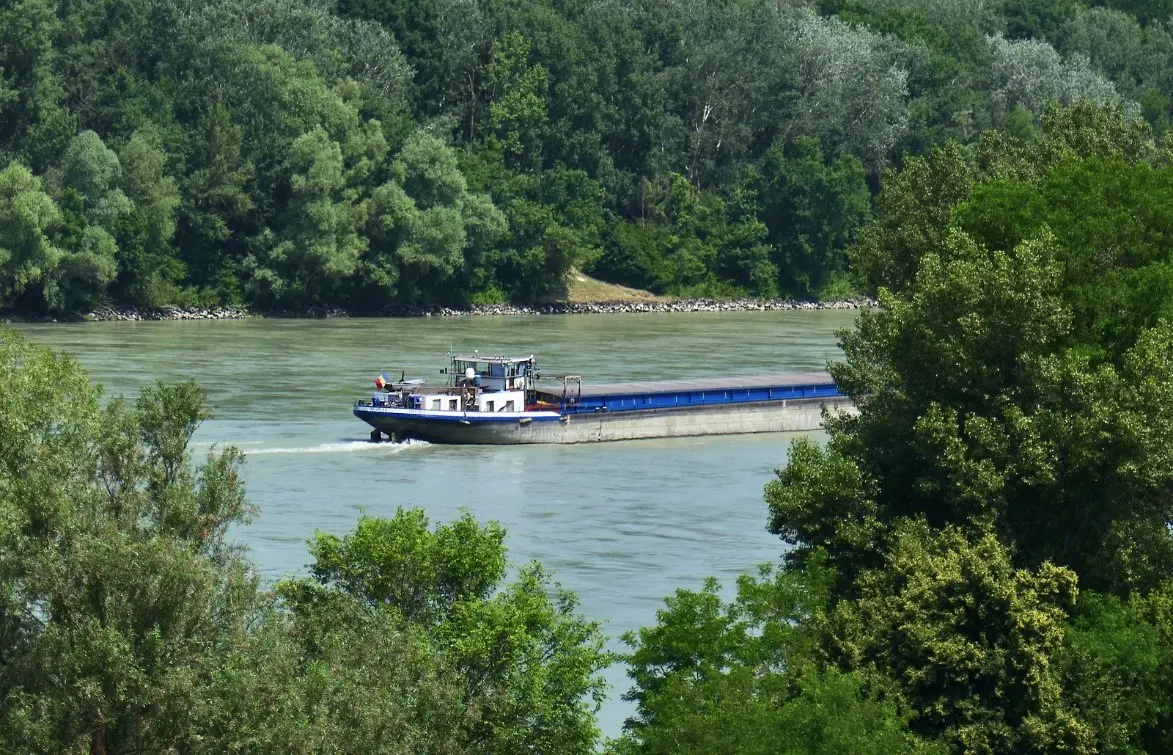
MERLIN stands for “Maximising synergies of Ecological Restoration in a Landscape context: INnovation, upscaling and transformation”.

MERLIN is looking for new, widely applicable solutions for restoring the functions of European freshwater ecosystems. This is not only about preserving these habitats and their biodiversity, but also, for example, about improved flood retention or carbon dioxide storage. Cooperation with industries that can benefit from renaturation, such as agriculture, drinking water production and insurance, also plays a role.
The fact that MERLIN is about applied research is proven by the fact that investments are being made in 17 areas from Finland to Israel where streams, rivers as well as bogs and wetlands are currently being restored to a near-natural state. These projects are being expanded with EU funds, networked and developed into Europe-wide models. The effects of the measures will be assessed economically and ecologically.
Contribution by viadonau
viadonau contributes to MERLIN its unique experience in the renaturation of waterways and implements one of the pilot projects on the Austrian Danube. Together with our national research partner, the Institute of Hydrobiology and Water Management (IHG) at BOKU Vienna, hard stone armouring is being removed from a section of the river banks in the Danube Floodplain National Park and the effects of the restoration are being studied. Through integrative planning, the deconstruction will be carried out in such a way that there will be no negative effects on the Danube waterway.
The project area extends on the left bank in the area of river km 1882, directly connecting to the successful Spittelauer Arm (Dynamic LIFE Lines Danube) and extending it in the estuary area.
The work is being implemented within the framework of the Catalogue of Measures for the Danube east of Vienna, which aims at optimising the waterway and preserving the Danube floodplain habitat.
The MERLIN Consortium
The consortium, led by the Aquatic Ecology Working Group of the University of Duisburg-Essen, draws on the expertise of 44 partners from all over Europe - including universities, research institutes, nature conservation organisations as well as stakeholders from business, administration and local authorities.
The consortium was able to convince in the Horizon 2020 call for projects for the restoration of biodiversity and ecosystem services in 2021. This call is part of the European Commission's Green Deal.
Key data & funding
The EU funding amounts to about 21 million euros. In addition, the partners contribute their own funds. The project started on 01.10.2021 and will run for 4 years.
- Project website: https://project-merlin.eu
This project is funded by the European Union's Horizon 2020 research and innovation programme.
Horizon 2020 was the European Commission's funding programme for research and innovation in the funding period 2014 to 2020. Around 75 billion euros were invested in European research. Meanwhile, the successor programme Horizon Europe continues the successful path.
Grant Agreement: 101036337 - MERLIN - H2020-LC-GD-2020 / H2020-LC-GD-2020-3


